Appendix A
Prison Camps
Turkish Prision Camps
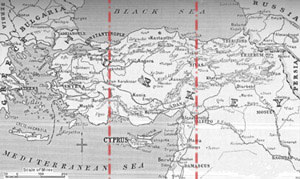
Kut-al-Amara
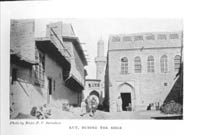
See also:
Chap. C15, p13B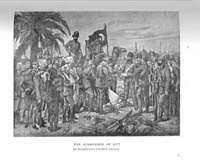
See also:
Chap. C15, p14A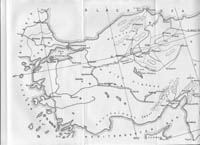
See also:
Chap. C15, p14B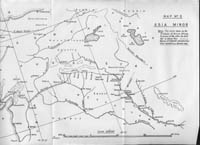
See also:
Chap. C15, p14C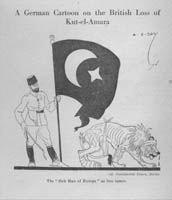
See also:
Chap. C15, p14D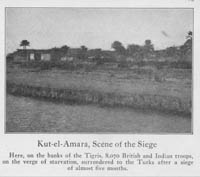
See also:
Chap. C15, p15 KUT-AL-AMARA: This city, in the Vilayet of Baghdad in Mesopotamia, was the site of the surrender of an Anglo-Indian expeditionary force in April 1916 after a 143 day seige. Kut was located on the Tigris River, one hundred miles southeast of Baghdad in Irak-Arabi. The British, under General Charles Townshend, captured the city from the Turks in September 1915 and pushed on towards Baghdad. The Turks halted the British advance at Cstephon, forcing the British to retreat to Kut in December. The Turkish Army encircled the city and forced the British, on the verge of starvation, to surrender. The Turks captured 16,583 British and Indian troops at Kut and force marched the POW's across the Syrian Desert and through Asia Minor to captivity in Turkish prisons in Anatolia. British and Indian prisoners suffered greatly during the march from inadequate food rations and medical attention. For the Turks, this victory resulted in the first large influx of British prisoners into the Turkish POW system. The British reported that 3,290 prisoners died and another 2,222 were missing from the original force under Turkish supervision. Wounded and sick British and Indian prisoners remained at Kut for medical treatment. A second British expeditionary force, under General Sir Stanley Maude, recaptured Kut-al-Amara in February 1917.